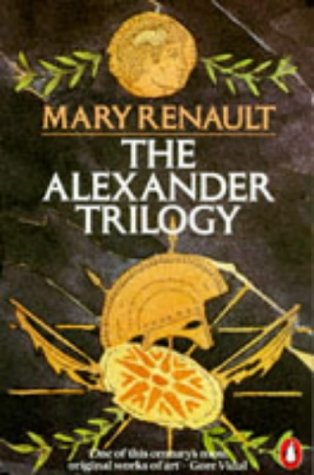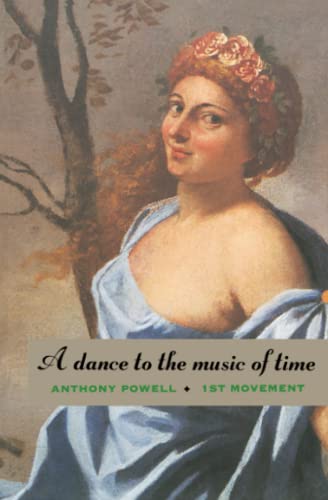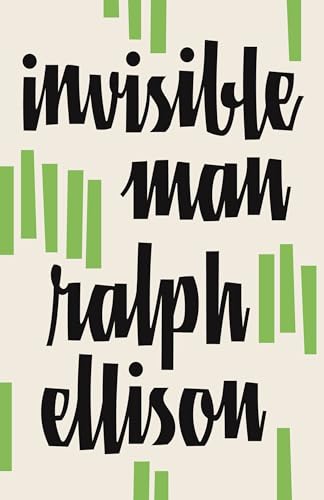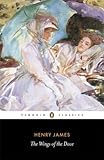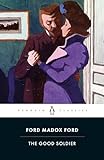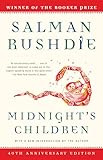I like to read novels, obviously. Until recently, I very seldom read anything but novels. Until recently, I preferred my facts to be folded into stories, particularly those featuring sexy ladies or illegitimate children or going to Oxford. Occasionally I would read an “historical novel,” especially if it was by James Michener, especially if I found it in a hotel lobby. I read it, assumed it to be full of true things, and resolved to remember one of them should the subject ever come up in conversation.
 For example, if anyone mentioned South Africa, I might recall Michener’s seminal work The Covenant, which I found a hotel in China and read on the train. Then I could say “The Broderbund, so evil, so sad,” and hope that the conversation ended soon.
For example, if anyone mentioned South Africa, I might recall Michener’s seminal work The Covenant, which I found a hotel in China and read on the train. Then I could say “The Broderbund, so evil, so sad,” and hope that the conversation ended soon.
I confess: all I know about Alexander the Great I learned from Mary Renault (and how).
That was then. My life is different now; now I read with a notebook for writing down dates and important facts about caliphal succession. I notice, and probably my classmates do also, that I am vague on the finer points of Important Things in History. I sound, I suspect, like a person whose educational keystones are hundreds of novels, a shaky reading of Edward Said, and liberal blogs filled with rather broad humor.
Then again, perhaps a familiarity with novels does not leave one so unsuited for the study of history. Evidently, many historical sources are novels of a type, except more boring.
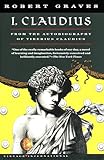 I, Claudius is a special novel, one of my favorites. Not only is it my go-to source for Roman history, it is a masterpiece of the form–the novel, I mean, not its degraded cousin, the historical novel. I, Claudius is also sort of a miracle, something that Robert Graves, who identified as a poet, wrote simply as a way to make fast money. The things I have done to make fast money include working in a toy store, answering lewd customer service emails, and editing someone’s college paper about the movie The Piano with Holly Hunter.
I, Claudius is a special novel, one of my favorites. Not only is it my go-to source for Roman history, it is a masterpiece of the form–the novel, I mean, not its degraded cousin, the historical novel. I, Claudius is also sort of a miracle, something that Robert Graves, who identified as a poet, wrote simply as a way to make fast money. The things I have done to make fast money include working in a toy store, answering lewd customer service emails, and editing someone’s college paper about the movie The Piano with Holly Hunter.
 What Robert Graves did was read scores of historical texts in the original Latin and Greek. He then used said texts to write a riveting first-person narrative about the history of Rome 44 B.C. to 41 A.D., subsequently making a boatload of money because it was so infinitely readable. Then he wrote a sequel, Claudius the God and his Wife Messalina, a seamless continuation of the first book. This is when people who wrote things other than Teen Paranormal Romance could get a contract for a sequel. Imagine it.
What Robert Graves did was read scores of historical texts in the original Latin and Greek. He then used said texts to write a riveting first-person narrative about the history of Rome 44 B.C. to 41 A.D., subsequently making a boatload of money because it was so infinitely readable. Then he wrote a sequel, Claudius the God and his Wife Messalina, a seamless continuation of the first book. This is when people who wrote things other than Teen Paranormal Romance could get a contract for a sequel. Imagine it.
All I know about Roman History I learned from Robert Graves, and it can be summed up as follows: Livia convinces Augustus, first emperor of the Roman Empire, to leave his first wife and marry her; she then uses her position of power to poison almost everybody. Tiberius, meanwhile, is doing something so perverted they can’t even tell you what it is. Common consensus holds Claudius the Stammerer (the narrator) a nitwit, but he is smarter than everyone and ends up in charge before marrying (for political reasons) his own awful bag who brings him down. There is the eternal wrangle about whether Rome should be a Republic or have an Emperor, familiar to those of us who have seen the movie Gladiator.
Romans had different ideas about family than modern people do, so everyone is constantly adopting adult children and marrying one another, which is sometimes confusing. Furthermore, everyone has one of four possible names, plus some extras, in varying order, but Graves does a remarkable job of keeping it relatively simple.

 I, Claudius and Claudius the God have the uncanny effect, true of other well-written historical fiction (I’m thinking specifically of Mary Renault’s Alexandriad, and among them, The Persian Boy) of sounding delightfully modern. And it was written two thousand years ago, in 1934.
I, Claudius and Claudius the God have the uncanny effect, true of other well-written historical fiction (I’m thinking specifically of Mary Renault’s Alexandriad, and among them, The Persian Boy) of sounding delightfully modern. And it was written two thousand years ago, in 1934.
For historians with a sense of perspective and the linguistic chops, ancient sources can feel alive. For most of us without those things, reading translations with little or no context given or effort made to sex things up, primary sources are forbidding. Robert Graves was patently a scholar–consider his massive cross-referenced mythological compendium, The Greek Myths. He was also a great artist. Some of us need Robert Graves or a person like him to read the sources, synthesize, and make them live. James Michener doesn’t count; there’s a reason James Michener’s books are always getting left in hotel lobbies.
 Knowing that Graves considered himself a poet foremost, I have tried to read his poetry, but prose is closer to my heart. Graves’s (partial) autobiography Goodbye to All That is another one of my favorite books. It describes his experiences at school and in World War I, in a wry, warm way. It’s the perfect autobiographical writing, the sort that makes you wish the author was a personal friend.
Knowing that Graves considered himself a poet foremost, I have tried to read his poetry, but prose is closer to my heart. Graves’s (partial) autobiography Goodbye to All That is another one of my favorite books. It describes his experiences at school and in World War I, in a wry, warm way. It’s the perfect autobiographical writing, the sort that makes you wish the author was a personal friend.
Then again, illustrating the eternal problem of historical sources and selective inclusion therein, I read (not in his autobiography) that Graves could be very grumpy, and had woman trouble. But serious woman trouble, as in he had a long-standing menage-a-trois with his wife and another woman, and decided he liked his wife better, and the other woman threw herself out of the window. Then he changed his mind about the wife and hobbled off with the other lady after her bones knitted together. Kind of like a Roman!
Except in Rome, his new paramour would have convinced him to exile the wife to a malarial island, so she would get a fever and die. That’s history–you’ll find it in Graves.


